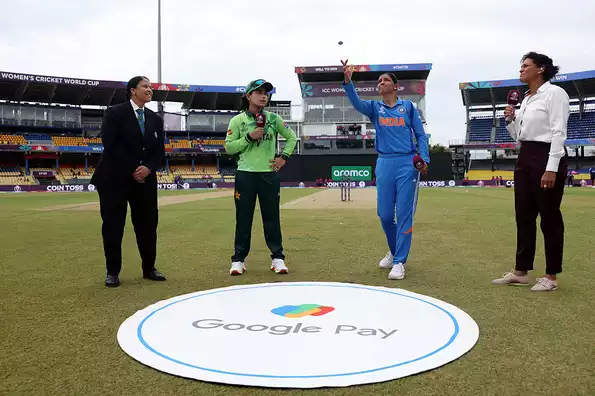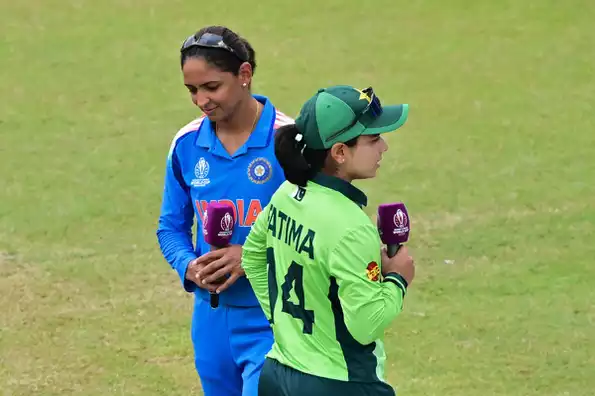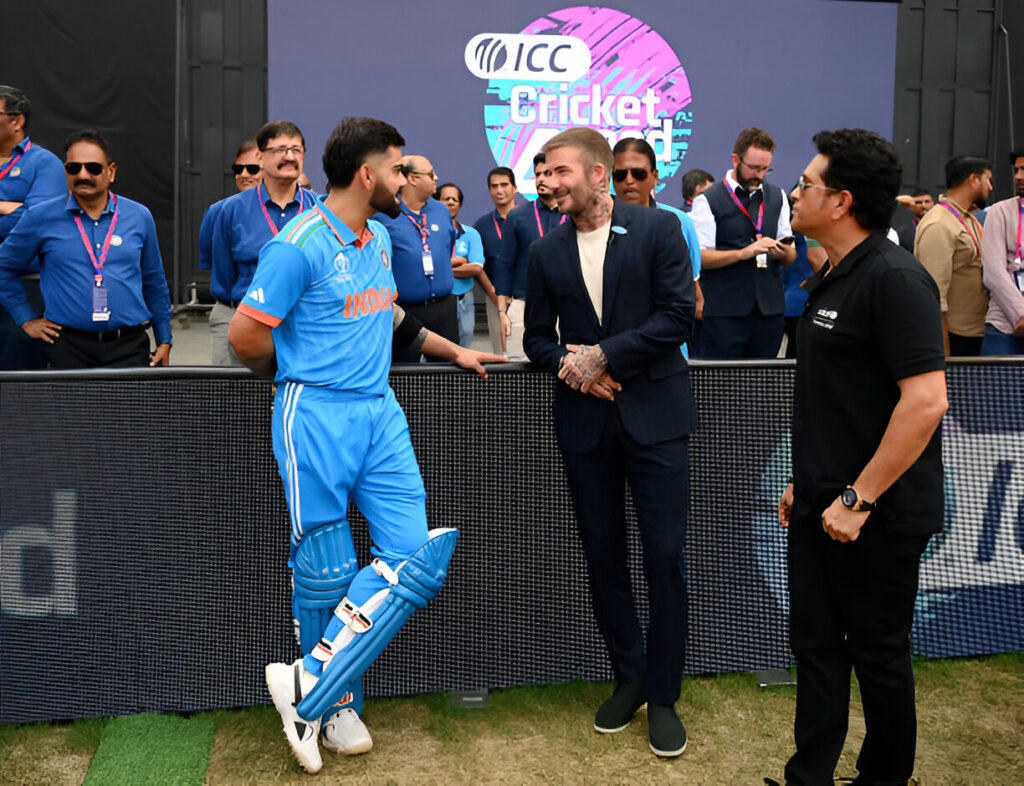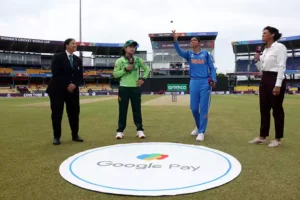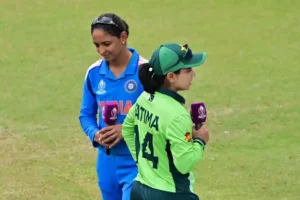In international cricket, the pre-match handshake between captains is more than a protocol — it’s a gesture of sportsmanship, mutual respect, and the spirit of the game. But for many observers, in this India vs Pakistan match, that handshake didn’t happen. Once the toss concluded, the captains simply turned and walked off, foregoing the expected exchange.
While no official statement was issued on the decision, the omission did not go unnoticed by fans, commentators, or the players themselves. Given the historical weight and rivalry between these two teams, even subtle deviations from cricketing norms invite interpretation.
Possible Reasons Behind the Silence
Maintaining Distance amid Intensity
Matches between India and Pakistan always carry extra intensity — beyond the bat and ball. The dynamics of politics, history, and national pride seep into the sport in unavoidable ways. In such an atmosphere, captains may opt for minimal contact to maintain decorum or avoid misinterpretation of gestures.
Tactical or Pre-Match Focus
Sometimes captains choose to limit pregame fanfare to preserve focus. A handshake involves a brief moment of interpersonal engagement; in high-pressure contests, that interlude might be seen as distraction.
Echoes from Men’s Cricket
In recent years, India–Pakistan matches in men’s cricket have also seen occasions when the handshake was omitted or delayed. That precedent may influence decisions in women’s games, especially in highly charged contexts.
Whatever the reason, the absence of that simple gesture drew attention — not as a statement, perhaps, but as a deviation from tradition in a marquee contest.
Significance & Reactions
While no official comment was offered, reactions ranged from disappointment to understanding. Some fans viewed it as a missed sign of camaraderie, especially in an era when women’s sport seeks to unify over division. Others felt it emblematic of the intensity and emotional charge of India–Pakistan clashes — where even small courtesies can feel loaded.
For the players, who command public scrutiny, such a decision may have been silently deliberate. In high-stakes moments, avoiding symbolic gestures can preserve neutrality, avoid unsolicited interpretations, or simply reflect the captains’ mental framing before a crucial match.
